
First advertising agency. Big or small? What’s best?
Your first advertising agency is important for many reasons. It isn’t so important that it can destroy a budding career. But it is your first exposure to the industry and the discipline of creative generation. So it’s enormously encouraging if it is a supportive environment with interesting creative opportunities.
Even more importantly, you want to begin your career where you can learn a great deal about your craft and how the industry works.
Truthfully, both small and large agencies can be good options. And size isn’t the only thing to think about either. Does the agency have a vibe? Are there great creatives to learn from? Does the agency have a good track record?
Wherever you decide to go, you can set a brilliant foundation for your career. And if it isn’t? If you’ve landed at an agency with a toxic culture and limited opportunities? Thankfully there are thousands of other agencies in the world you can send your always improving portfolio to.
So let’s look into this question further below.
Table of Contents
Some things are the same at all agencies
You’ll need to serve an apprenticeship at your first advertising agency, whether big or small. Most likely, you’ll need to call on your resourcefulness to get exposure to great opportunities. You can politely offer to add a few ideas to the larger briefs in the agency while still managing your normal workload.
In other circumstances you might need to invent briefs for yourself. You could work on an interesting poster idea for one of the agency’s clients in your spare moments. Or you could look for opportunities outside the agency perhaps. Is there a charity you’re connected with? Do you have a TikTok you can improve your storytelling skills with?
You weren’t hired to win a Gold Lion in your first year
They wouldn’t complain if you did. Your first ad agency would be thrilled. But that’s not their expectation of you.
Serving an apprenticeship involves less glamorous – but in hindsight very valuable – tasks. Writing e-mails. Creating captions for social media posts. Working on sale discount campaigns.
At your first advertising agency, you might look at your WIP (work-in-progress) and wonder why you worked so hard on your portfolio. Be patient. Your time will come. The agency saw potential and wanted to milk it. But they also needed you to take pressure from other members in the team. Use these briefs to try and add moments of charm and joy wherever you can. Improve your writing. Work on your design.
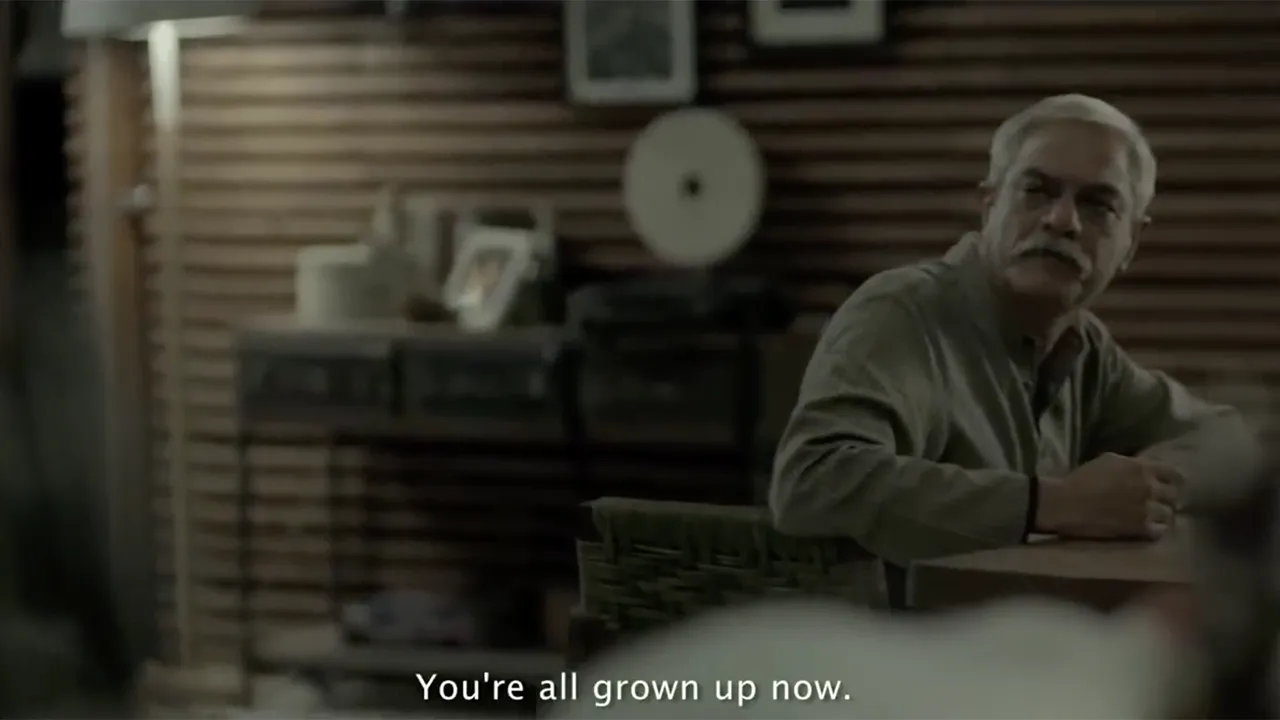
Creative opportunities
When your first advertising agency is small
As a rule, you’ll have more creative opportunities starting out in a smaller agency. The agency doesn’t have as much creative resource to spread around, so you will be asked to work on the larger briefs in the agency. Usually as back-up to the senior teams, but also to test you out when you’re under pressure to deliver.
When the smaller, less glamorous projects arrive in the agency, the traffic manager will look in your direction first. Just like anywhere else. But the chances of breaking that monotony with a true creative opportunity is actually quite good.
When your first advertising agency is large
There can be good creative opportunities coming your way at a large agency. Unless your creative director is completely heartless. But you’ll have to compete for it very hard.
Several teams will be briefed. The creative director wants to cover their bases. You’ll be competing against both senior and mid-weight teams. The best idea wins.
Those other teams do not want to lose a brief to a junior team. It’s an incredibly bad look for a senior team. Everyone will try their best. But don’t worry. You can win. With an enormous amount of hard, and smart, work.
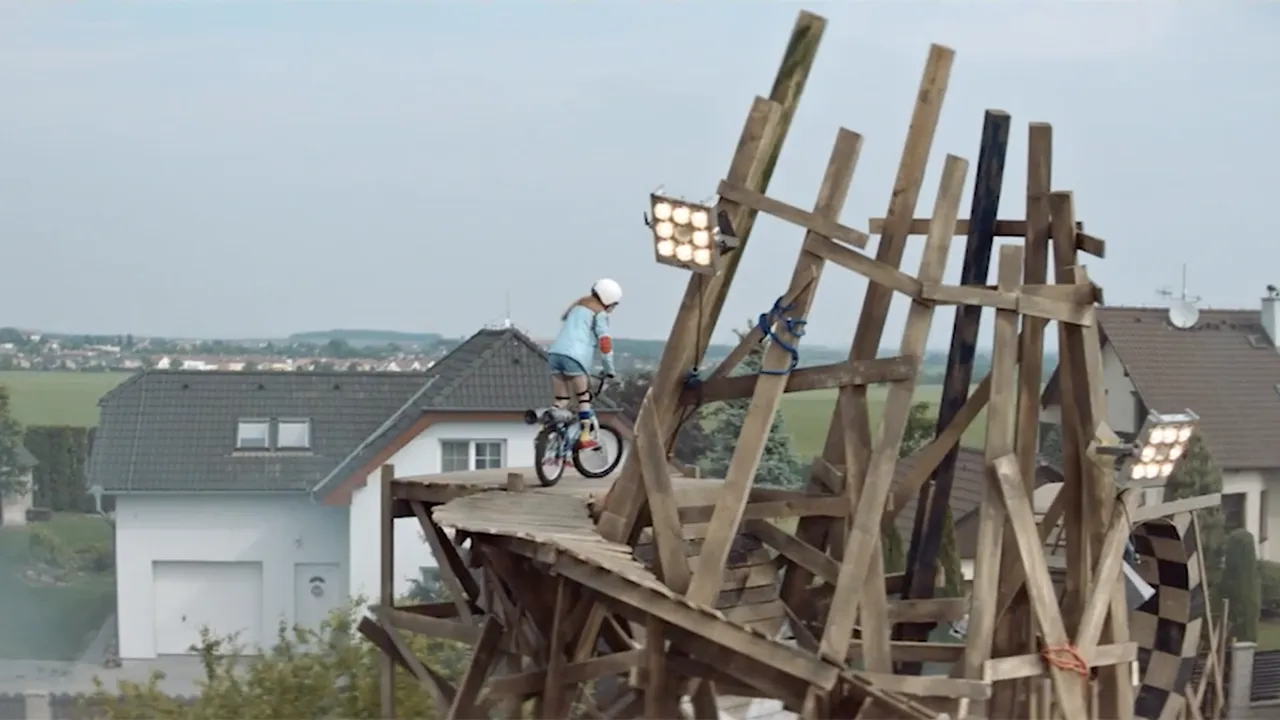
Exposure to smart people
Agencies of all sizes employ smart people.
How often will you have the opportunity to engage with them though? By design, smaller agencies have a flatter hierarchical structure. You will have many opportunities to spend quality time with senior people of all disciplines.
Larger agencies can afford higher salaries for very senior people. That’s where you’ll find the very best strategists and business managers.
The exception is when the small agency is owned by a great strategist, or business manager, or executive creative director. Many smart people are motivated by the challenge of owning their own agency one day.
At a large agency, your opportunities to engage with the smartest senior people are extremely limited. These people are involved in much higher level discussions. Far away from your poorly lit desk in the corner of the creative department. If you are lucky, the smartest senior people are great at hiring. You can absolutely learn a lot from a talented number two.
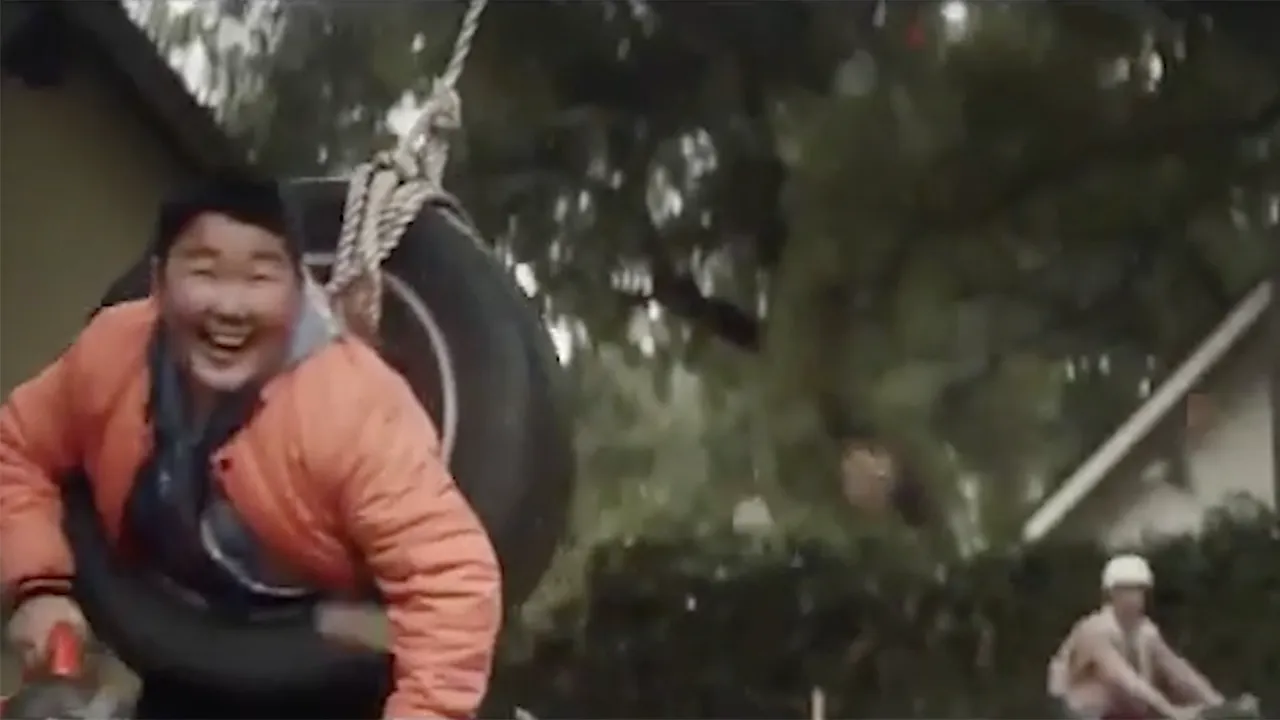
Facilities
Bigger agencies have better facilities. Often they will have dedicated, full time film editors on site. As well as specialised typographers and brilliant typeface libraries.
You’ll be in a nicer part of town and have a nicer kitchen to access to make your coffee and grab a snack when you’re working late at night.
But it’s all about the idea, isn’t it?
Well, yes and no. Small agencies are regularly awarded in the important Award shows. But not as much as large agencies. Sure, large agencies output more work, so they have more to choose from. It goes deeper than that though.
A compelling case study film is incredibly important for Award show entries. Look at the Outdoor category at the Cannes Lions 2022 for example. Even outdoor posters have very expensively produced case study films.
The idea wasn’t enough. Nor was the execution for that matter. The story of the campaign is what resonated with Award judges.
Clients don’t pay for case study films
Smaller agencies run at tighter margins than large agencies, and simply won’t invest the same amount of time or money for a case study. If it isn’t quite perfect when their budget is spent, well, it will just have to do.
Large agencies, on the other hand, have facilities on-site. They spend a lot of time refining and perfecting their case studies. If they believe in the campaign, they will make sure it looks amazing.
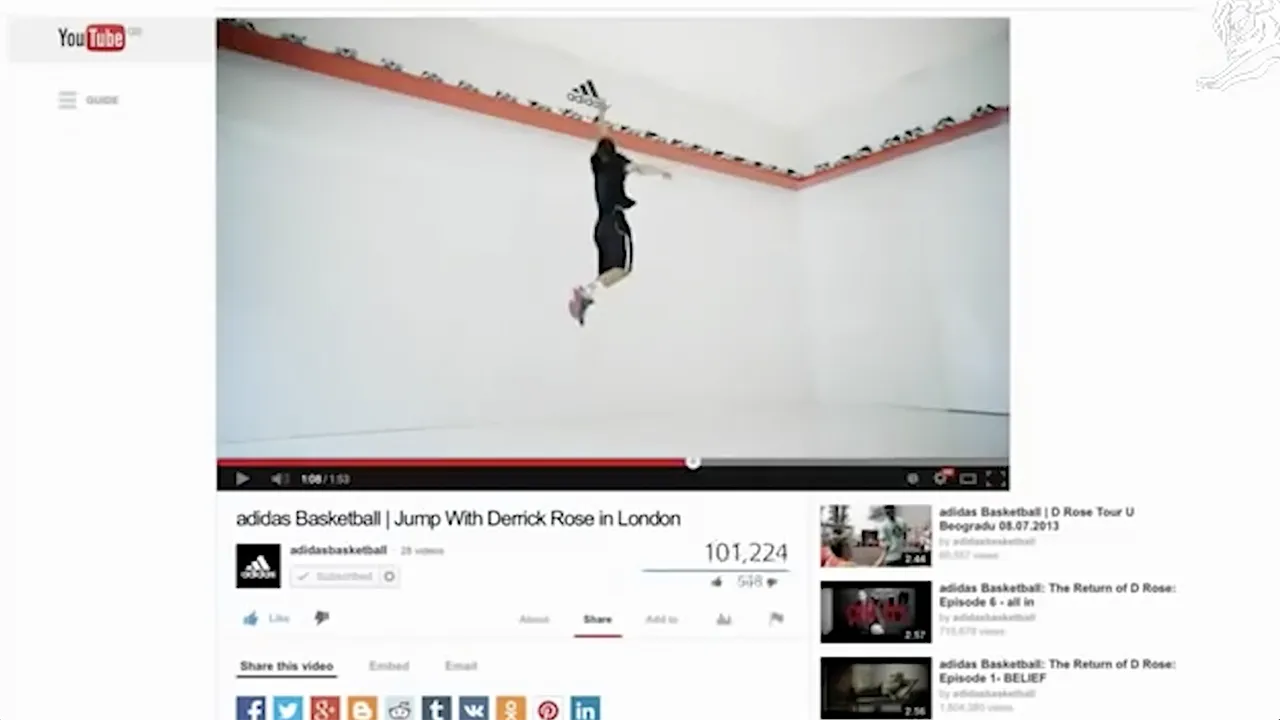
Career growth
When your first advertising agency is small, you will do more. When your first advertising agency is big, you’ll go deeper.
Neither of these is enough for you to take the next step in your career. But it does help inform what areas you should be working on out of hours to improve yourself.
If you’re in a large agency, you’ll need to make efforts to broaden your skill sets. You might identify the need to learn more about social media, how public relations dovetails with the marketing function and so on.
If you’re in a small agency, you could identify the need to learn more about typography or brand strategy. Creatives in large agencies can look over the shoulders of specialised experts in those fields and learn a lot. You don’t have that opportunity.
As you grow as a creative and want to take a step up in responsibility, creatives in smaller agencies will need to move to another agency. You might need to bounce around a few agencies, improving your portfolio at each stage.
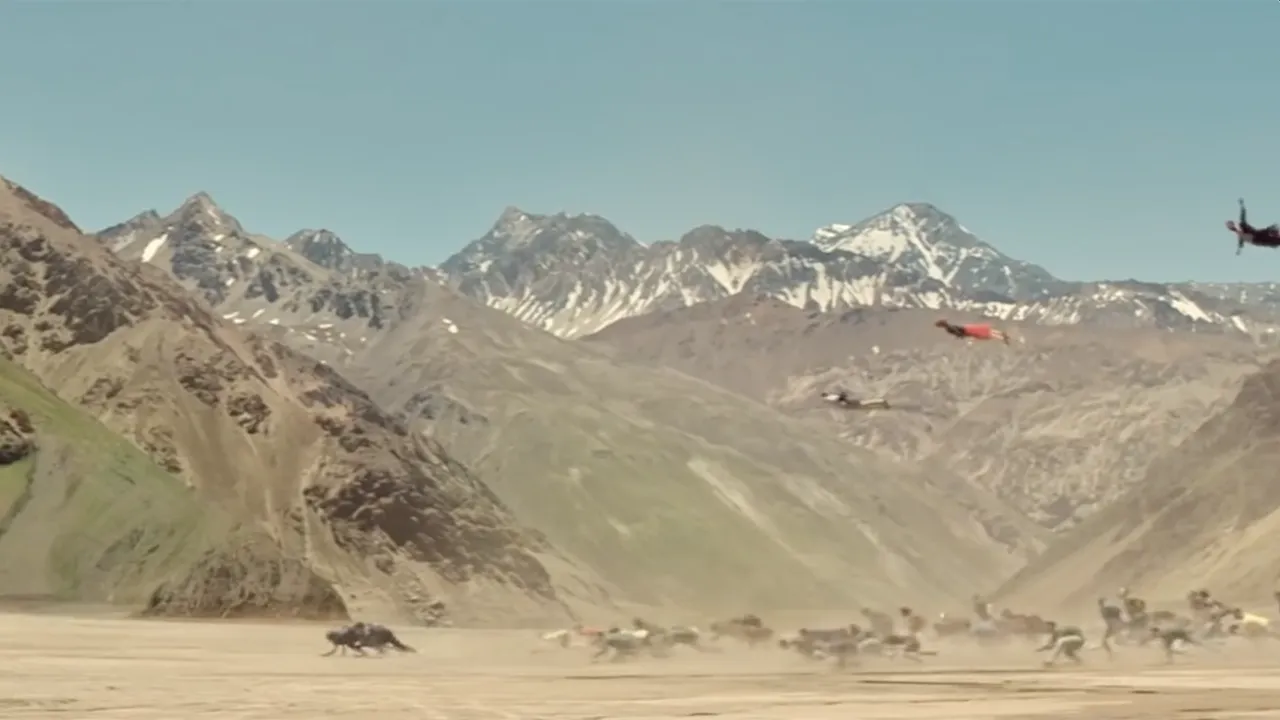
Budgets
When you do manage to get your first big campaign approved, you are far more likely to have a decent budget at a large agency. This means you have a better choice of suppliers (such as photographers, film directors, illustrators and so on).
Even if your budget is modest at a big agency, which does happen, your ad agency producers have the benefit of leverage. This is because there is a greater flow of work going through the agency. The promise of more work in the future if they do a good job on this smaller project can be tantalising.
But it does come with a sting. Larger budgets mean greater oversight from every stakeholder. If you aren’t a talented persuader, you can easily see your vision watered down and lose its impact. A camel is a horse designed by a committee.
There’s definitely something fun about working with the smaller challenger brands that come through a lot of smaller shops.
They’re less set in their ways of doing things and more eager to make a splash and trust your expertise. You have a better chance of getting work made in a smaller shop, but it will be on a more modest scale.
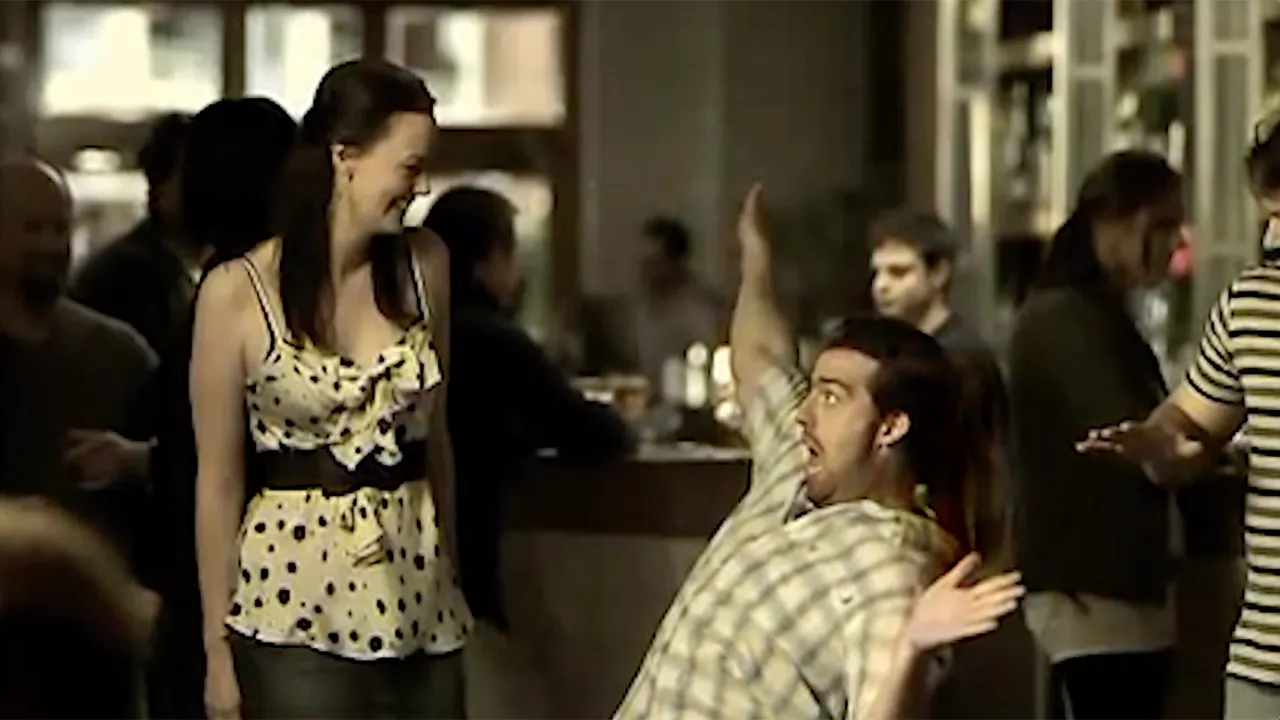
Access to decision makers
If your first advertising agency is small, you’ll find it’s easier to talk to senior people. If you have a pro-active idea to discuss with the creative director, you’ll get the opportunity. Without showing it first to an ACD, then a Group CD, and then to whoever else is in the chain of command. Want to work on something? Raise your hand and make it known.
At a larger shop, you don’t get the same level of access. The ECD will probably look at you sideways as they race to their next meeting. All you can do is to do the best job possible and get noticed for your work. As you get more senior, you’ll be invited to higher and higher level meetings.
Larger ad agencies have 'badge value'
Your first advertising agency is not going to be your last advertising agency.
A creative career is a game of chess. Always thinking a few moves ahead. That’s why name recognition helps. It’s a shortcut for any recruiters or creative directors looking at your work history.
Your career is about growing opportunities and your salary. Where you start matters.
Many great careers have begun at small agencies. But the badge value of the big shops is a calling card on your resume.
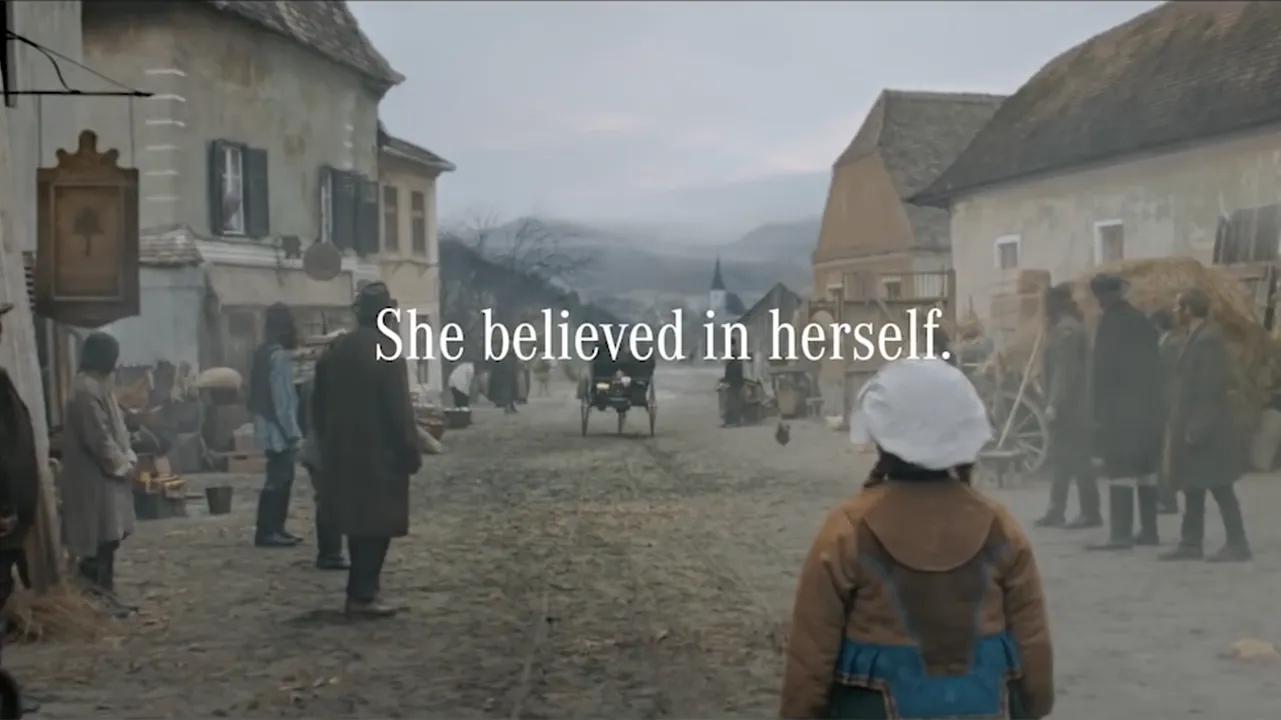
Conclusion
Whichever way you go, getting your foot in the door at any agency is the most important thing.
Where your career goes after that comes down to what are you willing to put into it.
Are you wanting opportunities handed to you (small agency) or do you want to seek them out yourself (large agency)?
Whatever your first advertising agency is, make the most of the environment and the opportunity. Use your initiative. Offer to help a busy co-worker. Take co-workers from every division out for coffee chats. Build your skills and stretch yourself as a creative and as a human being.
Always be grateful, but never be satisfied.
Mid-sized independent agencies are an option too.
Around 100 people or so. Big enough to have a few big clients and budgets and to be taken seriously on pitches. Not so big you get lost in the department though.
Consider that too.
Things to do
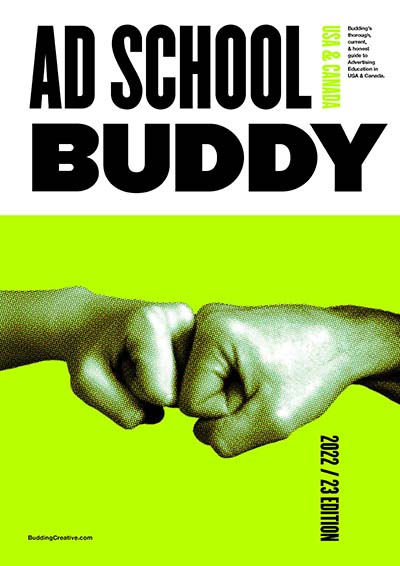
The Ad School Buddy
The best guide. Undergrad, portfolio, grad incubators and more.
Great Creatives
Great Books
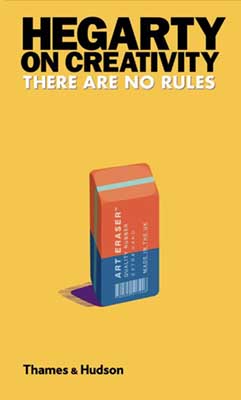
Hegarty on Creativity
John Hegarty digs into the process of creativity with lessons to help you be truly original.
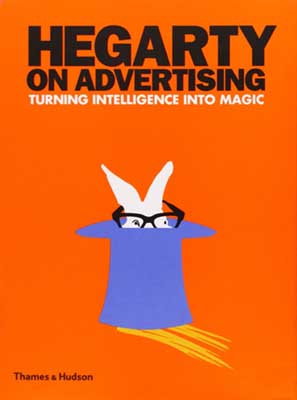
Hegarty on Advertising
One of the greatest advertising books ever. A true classic.
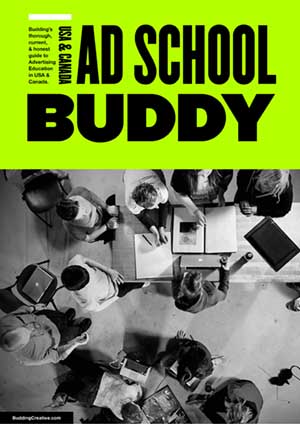
The Ad School Buddy: USA & Canada
The complete guide to undergraduate, portfolio, graduate, incubators and more for every budding creative

Hegarty on Advertising
This is one of the greatest guides to advertising ever put to print. A true classic.

Hegarty on Creativity
In his follow up, John Hegarty delves into the process of creativity. There are no rules. But there are lessons that can help you learn to be truly original.




